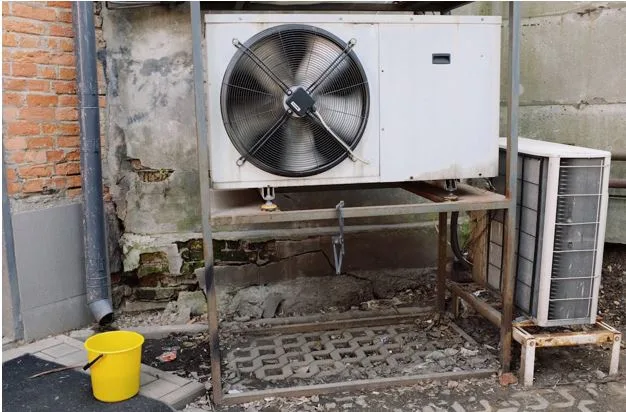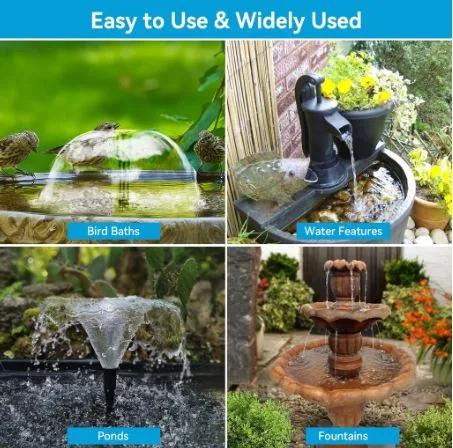The Benefits of Regular HVAC Maintenance
Have you ever noticed how in California, you can go from running the air conditioner in the afternoon to needing the heat by nightfall? The state’s weather is as unpredictable as traffic on the 405, and it’s a reminder that heating and cooling systems work harder here than many homeowners realize. Ignoring their upkeep is like ignoring your car’s oil changes—problems build quietly until they become expensive. In this blog, we will share the benefits of regular HVAC maintenance.
Why Professional Care Matters
Even if you’re good at replacing filters or clearing vents, there’s more to HVAC maintenance than basic cleaning. Systems are complex, with parts that can wear down in ways you won’t notice until performance drops. Regular servicing from a qualified technician means small problems are spotted before they turn into major breakdowns. It also means your system is tuned for efficiency, which helps lower energy bills.
In areas where seasonal shifts are significant, having a service provider you can trust makes a difference. Many homeowners in Contra Costa County rely on One Hour Heating & Air Conditioning of Pleasant Hill for this reason. Their approach combines technical expertise with clear communication, so you’re never guessing about the state of your system. They handle both heating and cooling, making them a single point of contact for year-round comfort. More importantly, they operate with a reliability guarantee, so appointments happen when promised—a rare trait in the home services world. Choosing a dependable partner removes the stress of wondering whether your HVAC will hold up during the year’s hottest or coldest days.
Lower Costs Over Time
One of the most overlooked benefits of maintenance is cost control. A neglected system uses more energy to deliver the same comfort, leading to higher utility bills. Wear and tear also shortens equipment life, meaning you’ll face replacement costs sooner than expected. By keeping components in good shape, you extend the system’s lifespan and reduce the likelihood of sudden, high-cost repairs.
Beyond saving money, efficiency gains from regular servicing reduce environmental impact. With energy costs and climate concerns in the news, households are looking for ways to cut usage without sacrificing comfort. Well-maintained HVAC systems are part of that solution.
Comfort Without Interruption
Few things are more disruptive than an HVAC breakdown in the middle of extreme weather. Routine maintenance reduces the risk of those untimely failures. Technicians can identify parts nearing the end of their service life and replace them on your schedule instead of during an emergency.
Comfort also comes from consistent performance. A tuned system maintains steady temperatures, better humidity control, and cleaner indoor air. This matters for households with allergies, respiratory conditions, or simply a preference for fresh air without dust buildup.
Health and Air Quality Benefits
The link between HVAC upkeep and health is easy to overlook. Filters and ducts collect dust, pollen, and other airborne particles over time. Without cleaning and replacement, these contaminants recirculate through your home. Maintenance addresses this buildup, improving indoor air quality and reducing potential triggers for allergies or asthma.
In addition, modern HVAC units often include features like humidity regulation, which can help prevent mold growth. Skipping maintenance allows moisture problems to develop unnoticed, creating health hazards alongside structural damage.
Planning Ahead for Seasonal Demands
In climates with distinct heating and cooling seasons, the best time to schedule maintenance is before peak demand. Servicing your system in spring and fall ensures it’s ready for the heavy workload ahead. It also helps avoid the rush when everyone else books emergency calls during heatwaves or cold snaps.
Planning maintenance in advance isn’t just about convenience—it keeps your household running smoothly without scrambling for last-minute solutions. It also gives you time to budget for any necessary repairs before they become urgent.
Adapting Maintenance to Modern Energy Trends
HVAC maintenance today isn’t just about keeping a system running—it’s about keeping it aligned with changing energy standards and household priorities. With utility costs climbing and state-level efficiency regulations becoming stricter, even a system in “working order” might be costing more than it should. Servicing isn’t just a checkup; it’s an opportunity to make adjustments that keep equipment compliant with efficiency requirements and better suited to current energy pricing models.
Technicians can recommend updates like programmable or smart thermostats, which optimize temperature control without you constantly adjusting settings. These upgrades, combined with a tuned HVAC system, help avoid energy spikes during peak hours when rates are highest. Over the course of a year, this kind of targeted efficiency can make a measurable dent in household expenses.
Another advantage of regular maintenance is that it prepares systems for integration with other home upgrades. If you decide to add solar panels, for example, having an HVAC system already optimized for efficiency means you’ll get the maximum benefit from the energy you produce. This kind of forward planning is increasingly relevant as more households look to reduce their reliance on traditional utilities.
Maintenance also keeps you informed about the system’s overall health, giving you time to plan for eventual replacement instead of being caught off guard. Modern replacements often include features like variable-speed fans, advanced filtration, and zoning capabilities—all of which work best when paired with a home that’s been kept in good HVAC condition.
In short, regular maintenance isn’t a static routine—it’s a strategic way to keep your home comfortable, efficient, and ready for the shifts in technology and energy policy that are already shaping the future.
Long-Term Property Value
For homeowners thinking ahead, a well-maintained HVAC system can be a selling point. Potential buyers view recent service records as proof the home has been cared for. In competitive real estate markets, that reassurance can help your property stand out.
Even if selling isn’t on your radar, keeping equipment in good shape protects your investment in the home. Heating and cooling systems represent a significant expense, and preserving their condition helps you get the full value out of that investment.







